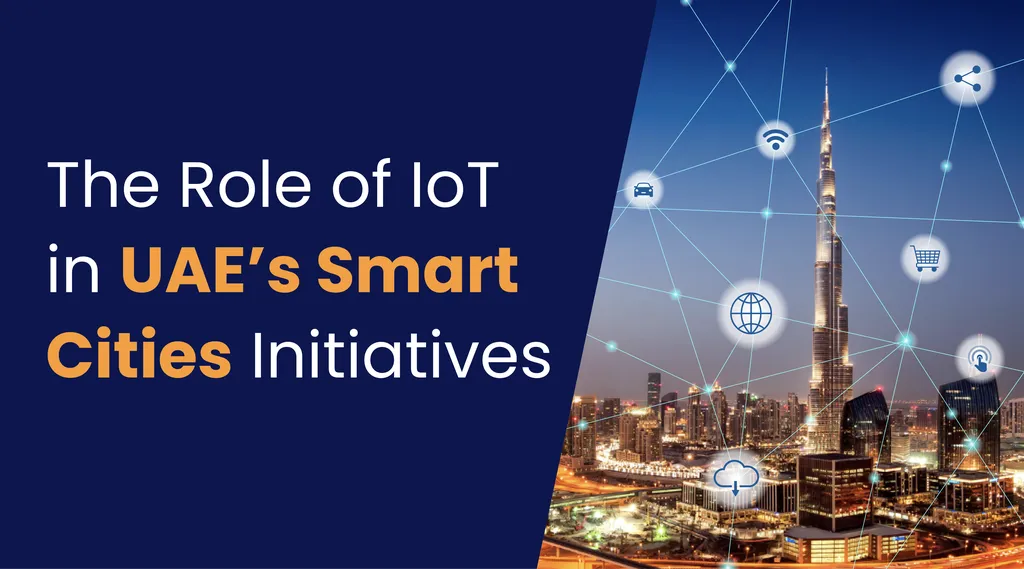In the rapidly evolving landscape of smart city technologies, understanding the factors that drive adoption is crucial for policymakers, urban planners, and technology providers alike. A recent study published in the journal *Human Behavior and Emerging Technologies* (translated from Arabic as “السلوك البشري والتقنيات الناشئة”) sheds light on this very issue, offering insights that could significantly impact the energy sector and other industries.
Led by Ahed Al-Haraizah from the Department of Management Information Systems, the research extends the Unified Theory of Acceptance and Use of Technology (UTAUT) to include trust as a central mediating construct, along with personal innovativeness and financial cost. The study focuses on the adoption of smart city technologies in the regional cities of the United Arab Emirates, a region known for its ambitious urban development projects.
The findings reveal that performance expectancy, effort expectancy, social influence, facilitating conditions, personal innovativeness, and financial cost all positively influence trust, which in turn significantly predicts adoption intention. “Trust is the principal mechanism translating functional, social, and economic perceptions into adoption behavior,” Al-Haraizah explains. This underscores the importance of building trust among users, a factor that has often been overlooked in the rush to deploy new technologies.
For the energy sector, these insights are particularly relevant. As smart grids and other energy-related technologies become more prevalent, understanding what drives their adoption can help energy companies design more effective strategies. “Transparent data practices, clear value-for-money communication, and sustained user support and training are key to building trust,” Al-Haraizah notes. These measures can not only enhance user acceptance but also pave the way for more sustainable and efficient energy solutions.
The study’s model explains 58.2% of the variance in trust and 27.9% in adoption intention, highlighting the significant role that trust plays in the adoption process. Mediation analysis further indicates that trust mediates the impacts of the six antecedents on adoption intention, reinforcing its central role.
As cities around the world continue to invest in smart technologies, the findings from this research could shape future developments in the field. By prioritizing trust-building measures, policymakers and government officials can ensure that these technologies are not only adopted but also effectively utilized. This, in turn, can lead to more sustainable and efficient urban environments, benefiting both residents and businesses alike.
In the words of Al-Haraizah, “The study contributes empirically by validating a trust-centered extension of UTAUT tailored to the government-led smart city context in emerging urban settings.” This validation provides a solid foundation for future research and practical applications, offering a roadmap for successful technology adoption in the smart city era.

